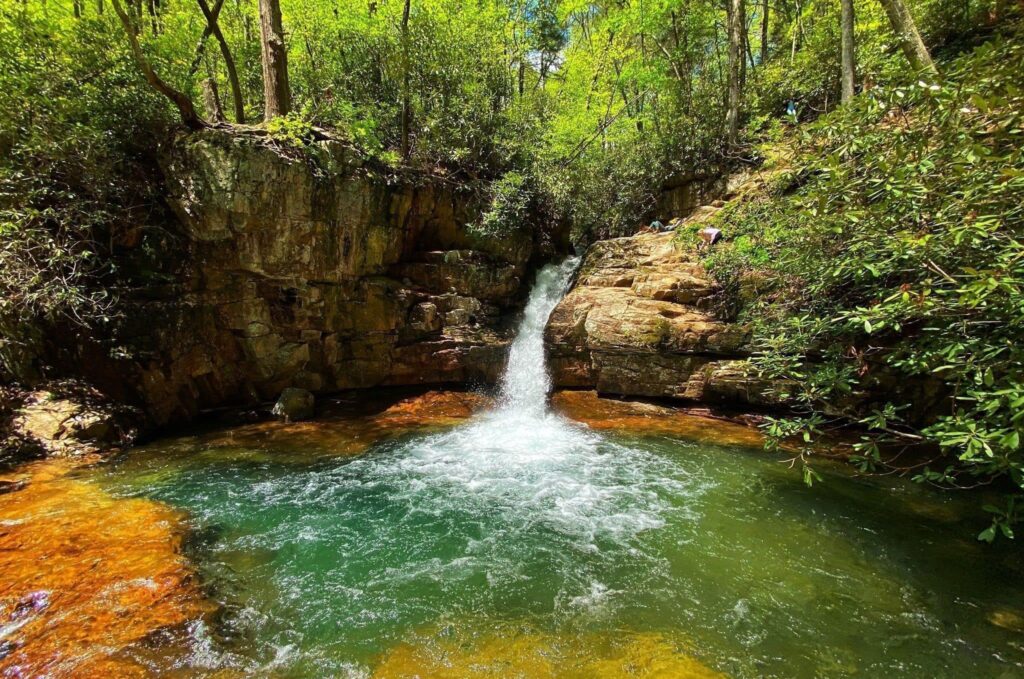
Sewage system issues in a small town in Middle Tennessee might be impacting the Duck River, according to a new lawsuit.
For at least three years, the wastewater treatment plant in Chapel Hill has repeatedly violated state pollution limits for treated sewage discharges — which records show are at levels that can lower oxygen and elevate E. coli levels in the river.
Last week, the nonprofit Tennessee Riverkeeper filed a lawsuit against the town of Chapel Hill. Director David Whiteside hopes the lawsuit will ensure the city fixes its failing sewage infrastructure and protects the Duck River, which was recently named one of the most threatened rivers in the nation.
“This is a magical, beautiful place and unfortunately it’s being polluted by sewage,” Whiteside said. “This sewage pollution can negatively impact that ecosystem, the environment and the wildlife.”
Chapel Hill self-reported high levels of three types of pollutants from its sewage treatment plant in recent years: total suspended solids, E. coli and biological oxygen demand — which can result in lower water quality as less oxygen is available for aquatic life. Chapel Hill has plans to upgrade its infrastructure.
The town reports its discharges to the Tennessee Department of Environment and Conservation, which has been aware of the pollution and issued three warnings via “notice of violation” letters. This information can be found in an Environmental Protection Agency water database, which receives its data from the state.

